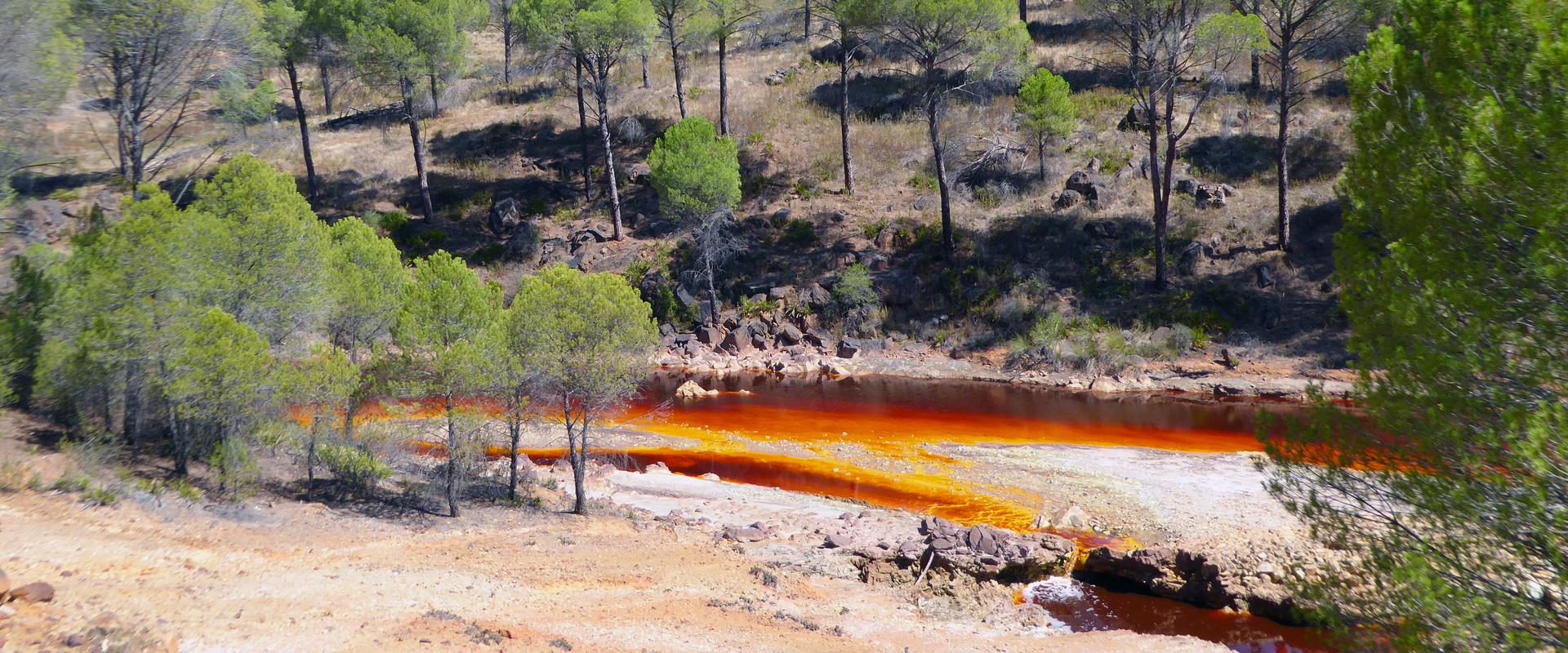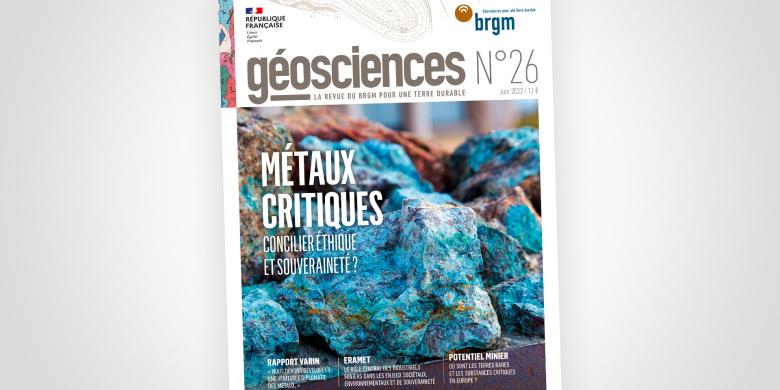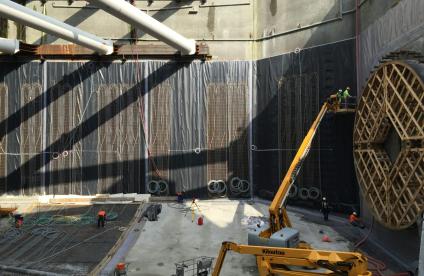Metals play an essential role in our day-to-day lives. They are found in cars, phone batteries, medical devices, buildings and so forth, and their role will become even more significant in the future with the ecological transition and population growth. Projections published by the European Commission show that the energy and digital transitions will increase demand for many metals such as cobalt, lithium and certain rare earths more than tenfold by 2050.
Therefore, despite its well documented negative environmental and social impacts, which need to be mitigated and managed, the extractive industry can make a positive contribution to many of the Sustainable Development Goals adopted by the United Nations in 2015. Its positive and negative impacts will both be highly dependent on the policies and legislation in force in producing countries.
As shown in a recent report by the UN's International Resource Panel (IRP) on the governance of the mineral industry in the 21st century, the positive and negative impacts of this industry are still not equitably shared among the various stakeholders (countries, industry, governments and populations). To contribute to sustainable development as described by the United Nations, the mining industry needs to better reconcile economic, environmental and social objectives and establish appropriate international governance based on principles shared by all stakeholders.
Managing the impacts of the extractive sector
The environmental impacts of mining are numerous, diverse and sometimes interconnected. They include climate impacts, repercussions on the different environmental compartments and waste management, as well as impacts on biodiversity and landscapes.
To reduce these impacts, the IRP has identified around 90 initiatives around the globe with different types of instruments, including policy frameworks, legislation and regulations, standards and good practice guidance, and voluntary initiatives for value chains. All these initiatives are part and parcel of responsible mining, which needs to consider local and global scales, time factors and social, economic and environmental dimensions, as well as governance issues.
Geosciences no. 26: Critical metals, can ethics and sovereignty be reconciled?
Issue 26 of the Géosciences journal, published in June 2022, focuses on the topic of critical metals.
The energy transition towards carbon-free production reveals more than ever how dependant our technologies are on an increasing amount and variety of metals. Will we be able to meet all the needs for mineral raw materials in the coming decades? How can we secure our supplies given that the last mines in France closed at the end of the last century?
BRGM, France's leading public player in the field of mineral resources, has devoted this issue of its journal, Géosciences, to answering these questions and many others.
This issue, which includes an article by Philippe Varin, author of the recent report on securing the supply of mineral raw materials to industry, and an interview with Christel Bories, CEO of Eramet, discussing the place of metals in our daily lives, takes stock of European mining potential and reviews the state of recycling in France and the prospects for innovation in this field.








